Home>Articles>What Causes A Pop To Happen When You Turn On The Stove Burners
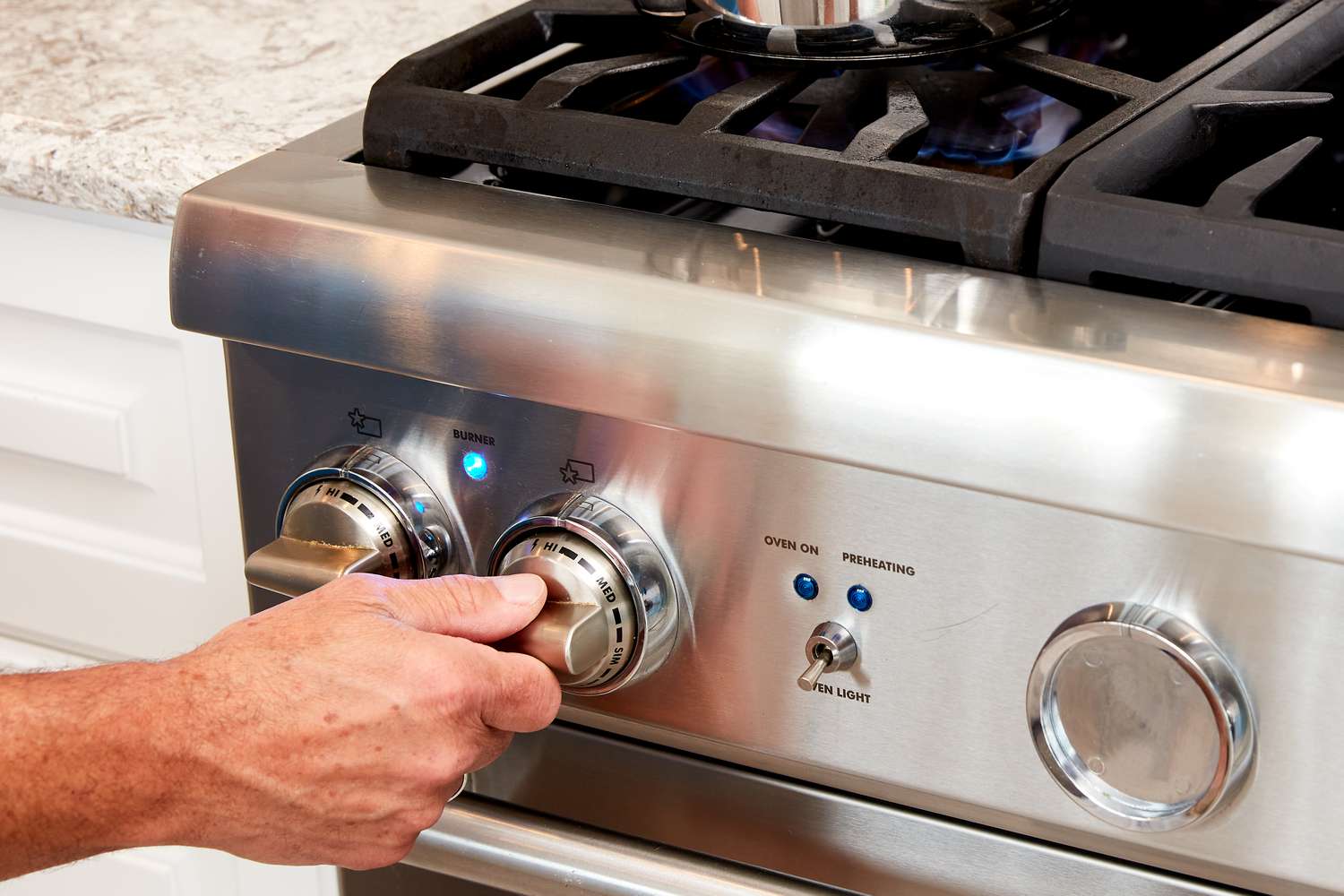

Articles
What Causes A Pop To Happen When You Turn On The Stove Burners
Modified: February 29, 2024
Discover the common causes behind the popping sound that occurs when you ignite your stove burners. Explore insightful articles on the topic and find solutions to fix the issue.
(Many of the links in this article redirect to a specific reviewed product. Your purchase of these products through affiliate links helps to generate commission for Storables.com, at no extra cost. Learn more)
Introduction
When we turn on the stove burners in our kitchens, we expect them to ignite and start producing the heat we need for cooking. However, sometimes we may notice a distinct popping sound that accompanies the ignition process. This popping sound can be quite surprising and may leave us wondering what causes it to happen. In this article, we will delve into the science behind this phenomenon and explore the reasons why a pop occurs when we turn on stove burners.
Before we explore the reasons behind the popping sound, let’s first understand the basics of stove burners. Stove burners are the components of a stove that produce heat for cooking. They usually consist of a heating mechanism and different types of burners, such as gas burners or electric coils. When we turn on a stove burner, it triggers the ignition process, which ultimately results in the production of heat.
Now, let’s move on to understanding why a pop sound occurs when we turn on stove burners. The popping sound is usually associated with gas burners. When we turn on a gas burner, it releases gas into the burner assembly. As the gas flows, it mixes with the air surrounding it. In order for combustion to occur, the gas needs the proper mixture of air and fuel.
The popping sound is a result of the ignition process. As soon as the gas and air mixture reaches the right ratio, it ignites, leading to a small explosion inside the burner. This explosion creates the popping sound that we hear. The ignition process is usually rapid but can sometimes be delayed, resulting in a larger pop sound when the ignition finally occurs.
Several factors can affect the intensity and frequency of the popping sounds. One such factor is the gas supply and pressure. If there is an issue with the gas supply or if the pressure is low, it can result in an inadequate air-fuel mixture, causing a more pronounced popping sound when the burner ignites. Additionally, the air mixture ratio plays a crucial role. If there is an imbalance between the gas and air, it can lead to a more explosive ignition and a louder pop sound.
Key Takeaways:
- The popping sound when turning on gas stove burners is caused by the ignition process of the gas-air mixture, influenced by factors like gas supply, air mixture ratio, and the condition of the burner assembly.
- Safety measures, such as maintaining proper gas supply and ensuring balanced air-gas mixture, are crucial in minimizing popping sounds. Troubleshooting common issues, like cleaning the burner assembly, can help resolve popping sound problems.
The Basics of Stove Burners
Stove burners are essential components of our kitchen appliances that provide the heat necessary for cooking. They come in various types, including gas burners and electric coil burners. Understanding the basics of stove burners will help us comprehend the mechanisms behind the popping sound that occurs when we turn them on.
The heating mechanism of stove burners varies depending on the type. Gas burners operate by releasing natural gas or propane into the burner assembly, where it mixes with air before combustion. Electric coil burners, on the other hand, use an electric current to generate heat. Regardless of the type, the purpose of a stove burner is to create a controlled flame or heat source for cooking.
Gas burners are commonly found in many homes and are known for their efficient heat distribution and instant response. They consist of several key components, including gas supply lines, burner heads, and ignition systems. The gas supply lines provide a steady flow of gas to the burner heads, where the gas mixes with air. Ignition systems, such as pilot lights or electronic sparkers, ensure a safe and reliable ignition of the gas-air mixture.
Electric coil burners, on the other hand, use a different mechanism to generate heat. They consist of a coiled metal element that heats up when an electric current passes through it. When powered on, the electricity flows through the coiled element, causing it to become red hot and emit heat. The heat is then transferred to the cookware placed on the burner, allowing for cooking.
The functioning of stove burners involves a well-regulated process to ensure safe and efficient cooking. When we turn on a stove burner, the gas or electricity is supplied to the burner assembly. In the case of gas burners, the gas mixes with air to form the proper fuel-air mixture required for combustion. The ignition system then sparks or lights the mixture, resulting in a controlled flame. Electric coil burners, on the other hand, convert the electrical energy into heat, which is directly transferred to the cookware.
Understanding the basics of stove burners provides us with the foundation to explore the reasons behind the popping sound that occurs when we turn them on. By delving into the science and mechanics of stove burners, we can better grasp the factors that contribute to this phenomenon.
Understanding Pops When Turning on Stove Burners
When we turn on our stove burners, it’s not uncommon to hear a distinctive popping sound. This sound can be somewhat startling and may leave us wondering why it occurs. In this section, we will explore the causes of the popping sound and provide an explanation for this phenomenon.
The popping sound that occurs when we turn on stove burners is primarily associated with gas burners. When we turn on a gas burner, it releases gas into the burner assembly. As the gas flows, it mixes with the air that surrounds it. In order for combustion to occur, the gas requires a specific ratio of air and fuel.
The popping sound is a result of the ignition process that takes place within the burner assembly. As soon as the gas and air mixture reaches the proper ratio, it ignites, resulting in a small explosion inside the burner. This explosion is what creates the popping sound that we hear. The ignition process is usually rapid, but in some cases, it may be delayed, leading to a larger and more noticeable pop sound when the ignition finally occurs.
There are several reasons why the popping sound occurs when we turn on gas burners. One possible cause is the presence of air in the gas line. Sometimes, air may enter the gas line, leading to a mixture of gas and air being released into the burner assembly. When this mixture ignites, it can result in a louder and more pronounced popping sound.
Another cause of the popping sound could be a buildup of gas or residue within the burner assembly. Over time, gas burners can accumulate debris, such as food particles or grease, which can affect the combustion process. When the burner is turned on, the ignition of this buildup can lead to a popping sound.
Furthermore, the design of the burner assembly and the location of the burner heads can also play a role in the occurrence of the popping sound. The size and shape of the burner heads, as well as their distance from each other, can impact the air-fuel mixture and the combustion process. Any variations in these factors can contribute to the popping sound.
Overall, the popping sound that occurs when we turn on stove burners is a result of the ignition process within the burner assembly. Factors such as the presence of air in the gas line, buildup of debris, and the design of the burner assembly can all contribute to the intensity and frequency of the popping sound. Understanding the causes of this phenomenon helps us better comprehend the mechanics behind it and may alleviate any concerns we may have when we hear the popping sound.
Factors Affecting Pop Sounds
When it comes to the popping sound that occurs when we turn on stove burners, several factors can influence the intensity and frequency of these sounds. Understanding these factors will give us more insights into the mechanics of the popping phenomenon. In this section, we will explore the three primary factors that affect pop sounds: gas supply and pressure, air mixture ratio, and the ignition process.
Gas Supply and Pressure:
The gas supply and pressure play a crucial role in the combustion process and can have a significant impact on the popping sound. If there is an issue with the gas supply, such as a low gas flow or an interruption in the gas line, it can lead to an inadequate air-fuel mixture. When the burner is ignited, this incomplete mixture can result in a louder and more pronounced popping sound. Similarly, if the gas pressure is too low, the combustion may be compromised, leading to a more explosive ignition and a louder pop sound.
Air Mixture Ratio:
The proper ratio of air to gas is essential for achieving an efficient combustion process and minimizing popping sounds. If there is an imbalance between the gas and air mixture, it can lead to variations in the combustion process and contribute to the popping sound. Too much gas and not enough air can result in a fuel-rich mixture, which can lead to a more explosive ignition and a louder pop sound. On the other hand, too much air and not enough gas can result in an incomplete combustion, producing a weaker pop sound.
Ignition Process:
The ignition process is another factor that can influence the popping sound. In most gas burners, the ignition occurs through a spark or a pilot light. If there is a delay in the ignition process, it can result in a buildup of gas-air mixture inside the burner assembly. When the ignition finally occurs, this build-up of mixture can lead to a more forceful explosion and a louder pop sound. Additionally, any issues with the ignition system, such as a malfunctioning spark or a weak pilot light, can affect the timing and intensity of the ignition and contribute to the popping sound.
By understanding the factors that affect the popping sounds when we turn on stove burners, we can better comprehend the mechanics behind this phenomenon. The gas supply and pressure, air mixture ratio, and the ignition process all play a role in determining the intensity and frequency of the popping sounds. It’s important to note that while popping sounds are usually harmless, if you notice any unusual or excessive popping or if you have concerns about your stove burner, it is always a good idea to consult a professional for assistance.
Safety Measures
When using stove burners, it is important to prioritize safety to prevent accidents and ensure a smooth cooking experience. By taking necessary precautions and following safety guidelines, we can minimize the risks associated with using stove burners. In this section, we will discuss some safety measures to consider when using stove burners, including maintaining an appropriate gas supply and ensuring proper ignition.
Precautions to Take When Using Stove Burners:
There are several precautions you should keep in mind when using stove burners:
- Always supervise the stove when it’s in use, especially when there are children or pets nearby.
- Keep flammable objects, such as towels and curtains, away from the stove to prevent accidents.
- Ensure proper ventilation in the kitchen to prevent the accumulation of harmful gases.
- Use appropriate cookware and ensure it is placed securely on the burners to prevent spills and fire hazards.
- Regularly clean the burners and maintain a clutter-free cooking area to prevent grease buildup and potential fires.
Maintaining Appropriate Gas Supply:
One crucial safety measure is to maintain an appropriate gas supply to your stove burners:
- Regularly inspect the gas supply line for any leaks or damages. If you suspect a gas leak, turn off the gas supply immediately, open windows for ventilation, and contact a professional for assistance.
- Ensure that the gas supply valve is fully open when using the stove to allow for proper gas flow.
- Consider installing a gas pressure regulator to maintain a consistent and safe gas pressure for the burners.
Ensuring Proper Ignition:
Proper ignition is vital for safe and efficient use of stove burners:
- Regularly inspect the ignition system of the burners. Clean or replace any faulty sparkers or pilots to ensure reliable ignition.
- Take caution when lighting the burners manually. Use long-reach lighters or fireplace matches, and keep your hand and clothing a safe distance away from the burner.
- If the burner does not ignite after several attempts, turn off the gas and allow the area to ventilate before trying again. If the problem persists, seek professional help.
Following these safety measures will help create a safer environment when using stove burners and reduce the risk of accidents or incidents. Remember, it is essential to prioritize safety and be proactive in maintaining and using your stove burners properly.
Troubleshooting Popping Sounds
If you are experiencing popping sounds when you turn on your stove burners, there are a few common issues that could be causing this phenomenon. In this section, we will explore the potential problems and provide steps to help you resolve the popping sound issue.
Common Issues Causing Popping Sounds:
Here are some common issues that could lead to popping sounds:
- Gas Pressure: Low gas pressure can cause an unstable combustion process, resulting in popping sounds. Check if there are any issues with the gas supply or gas pressure regulator.
- Air Intake: Insufficient air intake can lead to an imbalanced air-gas mixture, causing popping sounds. Ensure that the air intake vents around the burner are not obstructed.
- Debris Buildup: Accumulated debris, such as grease or food particles, can disrupt the airflow and affect the combustion process, leading to popping sounds. Regularly clean the burner assembly, removing any debris that may have built up.
- Improper Burner Alignment: Misalignment of the burner assembly and burner heads can result in an uneven gas-air mixture, causing popping sounds. Adjust the burner alignment to ensure proper airflow and combustion.
- Ignition System Issues: Malfunctioning ignition systems, such as faulty sparkers or weak pilot lights, can lead to delayed ignitions and larger pops. Check and repair or replace any faulty ignition components.
Steps to Resolve the Problem:
To troubleshoot and resolve the popping sound issue, follow these steps:
- Ensure proper gas supply: Check if your gas supply is uninterrupted and that the gas pressure is appropriate. Adjust the gas valve or contact a professional if necessary.
- Clean the burner assembly: Remove any debris or grease buildup from the burner assembly. Use warm soapy water and a brush to gently clean the burners and ensure they are free from any obstructions.
- Inspect the air intake: Ensure that the air intake vents around the burner are clear and unobstructed. Remove any debris or blockages that may hinder proper air flow.
- Align the burner assembly: Adjust the burner alignment to ensure an even gas distribution and improve the air-gas mixture. Consult the stove’s manual or seek professional assistance if needed.
- Check the ignition system: Inspect the ignition components, such as sparkers or pilot lights, for any issues. Clean or repair any faulty parts, or replace them if necessary.
By following these troubleshooting steps, you can identify and resolve the common issues that cause popping sounds when turning on stove burners. However, if the problem persists or if you are unsure about performing any maintenance or repairs, it is always recommended to consult a professional to ensure a safe and efficient operation of your stove burners.
Conclusion
When we turn on stove burners, it’s not uncommon to hear a popping sound accompanying the ignition process. This popping sound is primarily associated with gas burners and is a result of the combustion of the gas-air mixture within the burner assembly. Understanding the factors that contribute to the popping sound can help us troubleshoot any issues and ensure a safe and efficient operation of our stove burners.
Factors such as gas supply and pressure, air mixture ratio, and the ignition process can all affect the intensity and frequency of popping sounds. Maintaining an appropriate gas supply, ensuring a balanced air-gas mixture, and inspecting the ignition system are essential safety measures to minimize popping sounds and prevent potential accidents.
By following safety precautions and taking necessary steps to address common issues, such as checking the gas supply, cleaning the burner assembly, and aligning the burners properly, we can troubleshoot and resolve popping sound problems. However, it’s important to remember that if you are uncertain or uncomfortable with performing maintenance or repairs, it’s always best to seek professional assistance.
In conclusion, the popping sound when turning on stove burners is a normal occurrence caused by the ignition process. By understanding the underlying factors and taking appropriate safety measures, we can enjoy a safe and enjoyable cooking experience without concerns about popping sounds. So, the next time you hear that pop, you can cook with confidence, knowing that you have the knowledge and know-how to handle it.
Frequently Asked Questions about What Causes A Pop To Happen When You Turn On The Stove Burners
Was this page helpful?
At Storables.com, we guarantee accurate and reliable information. Our content, validated by Expert Board Contributors, is crafted following stringent Editorial Policies. We're committed to providing you with well-researched, expert-backed insights for all your informational needs.
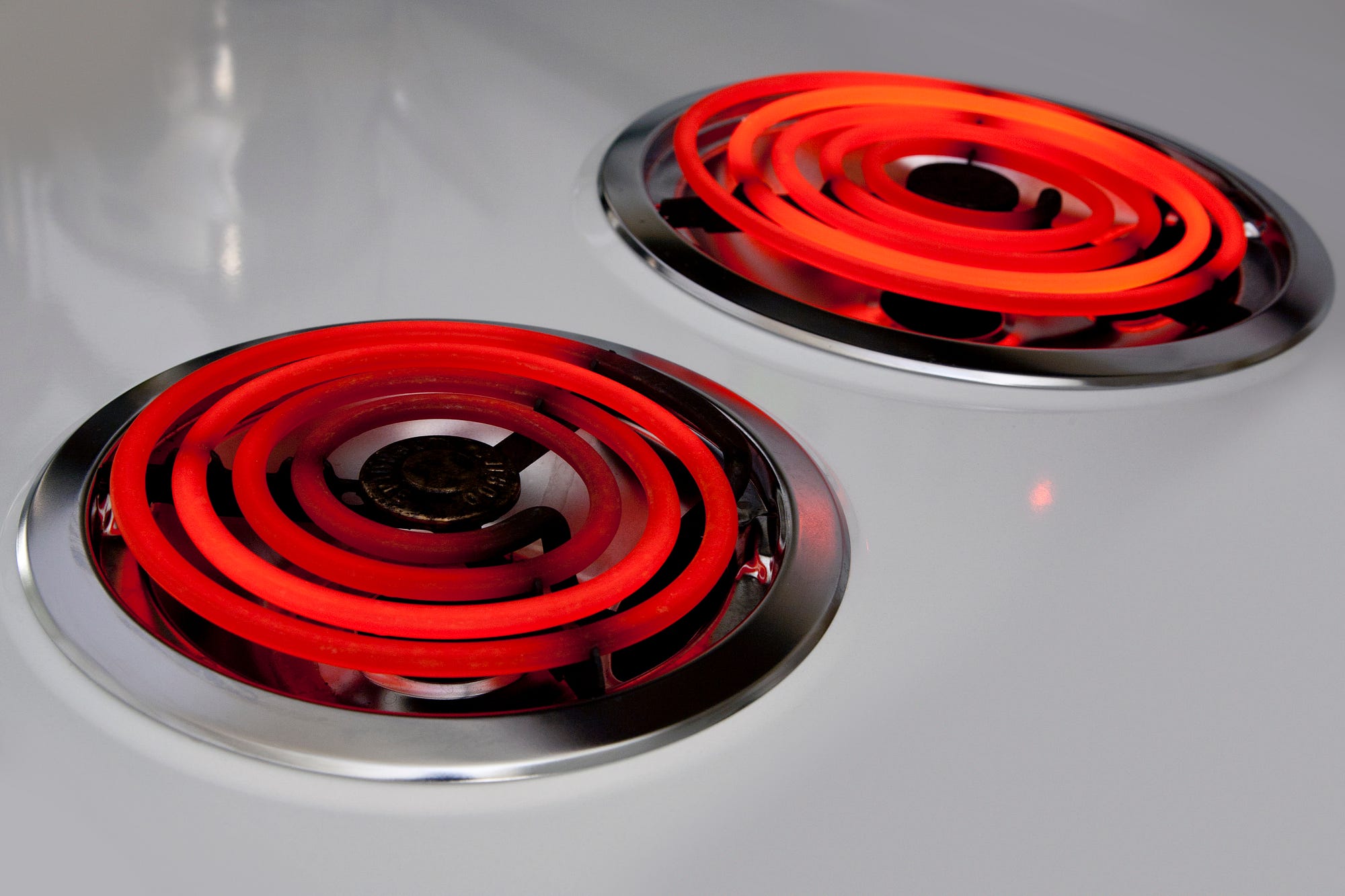
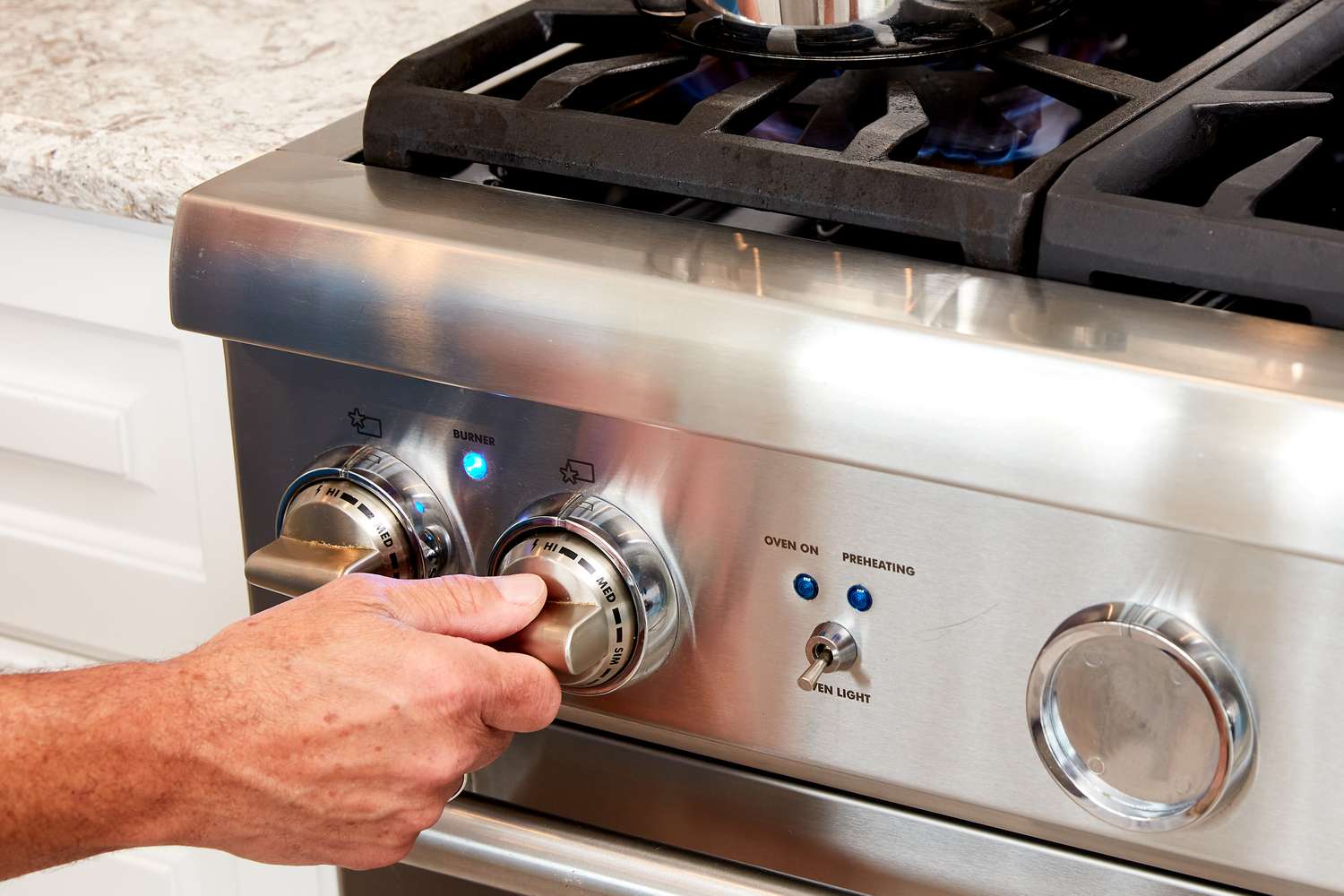
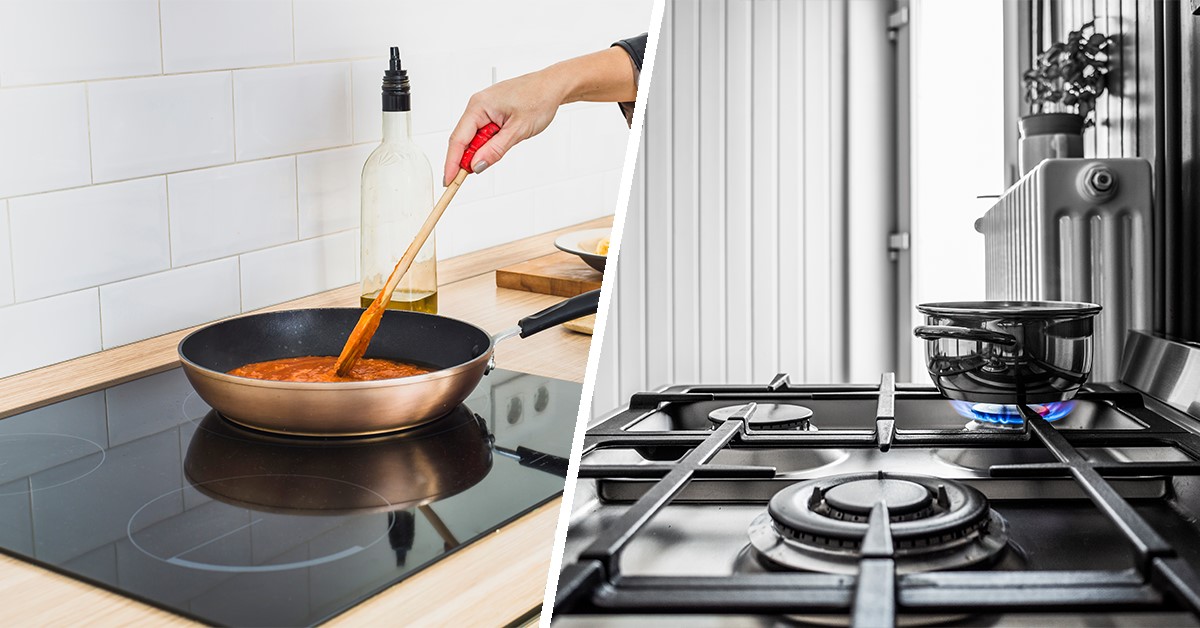


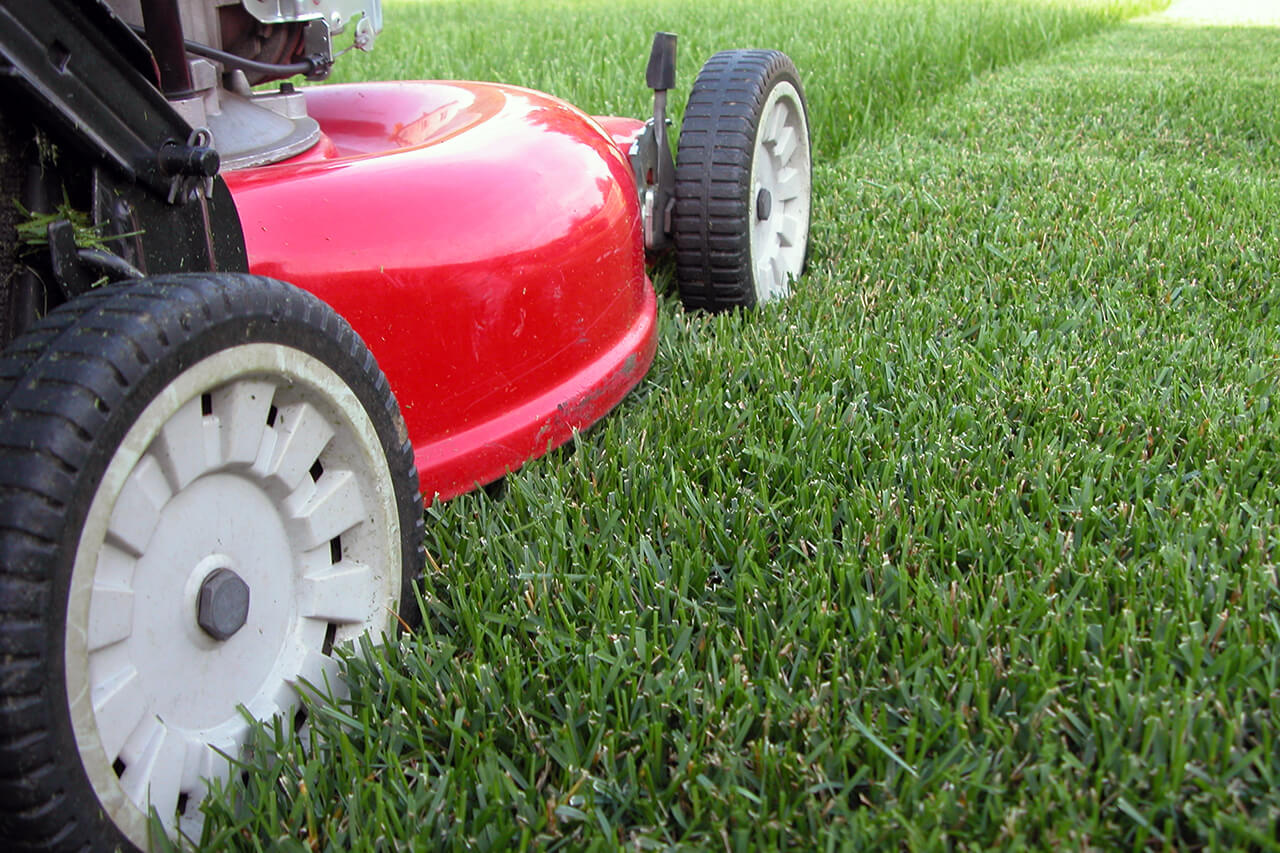
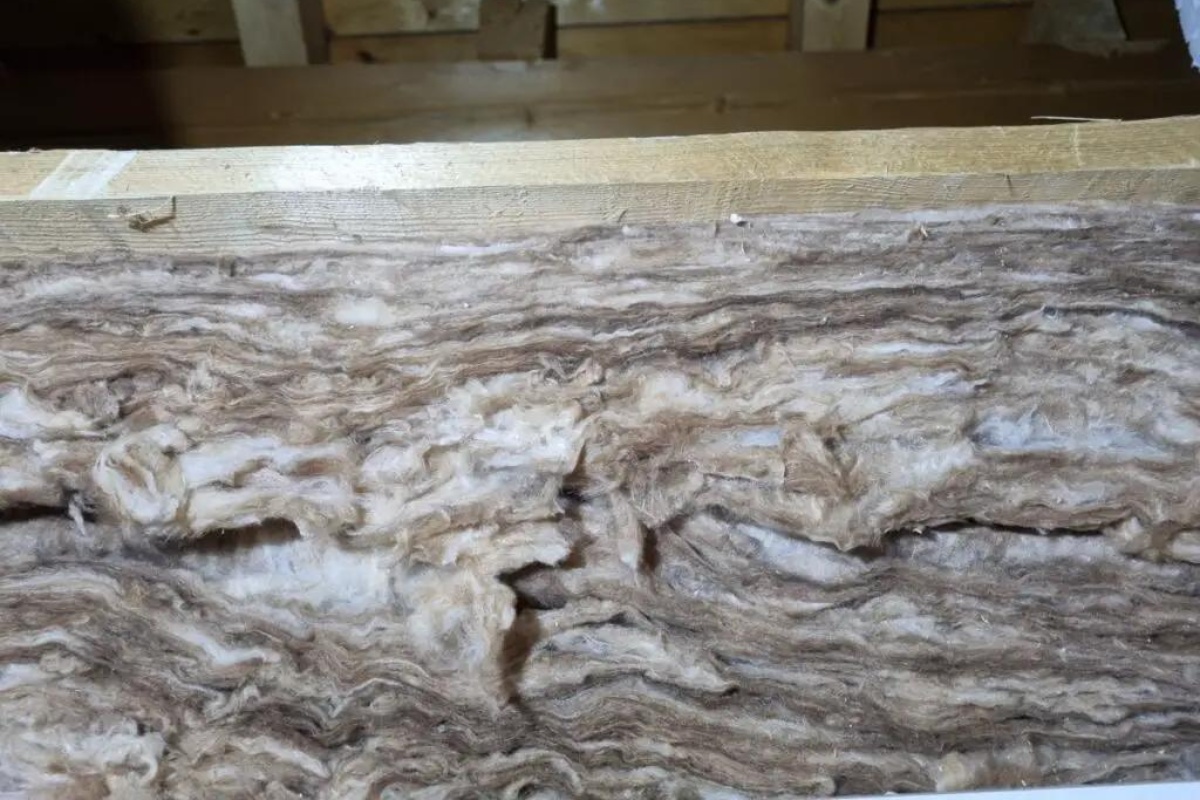

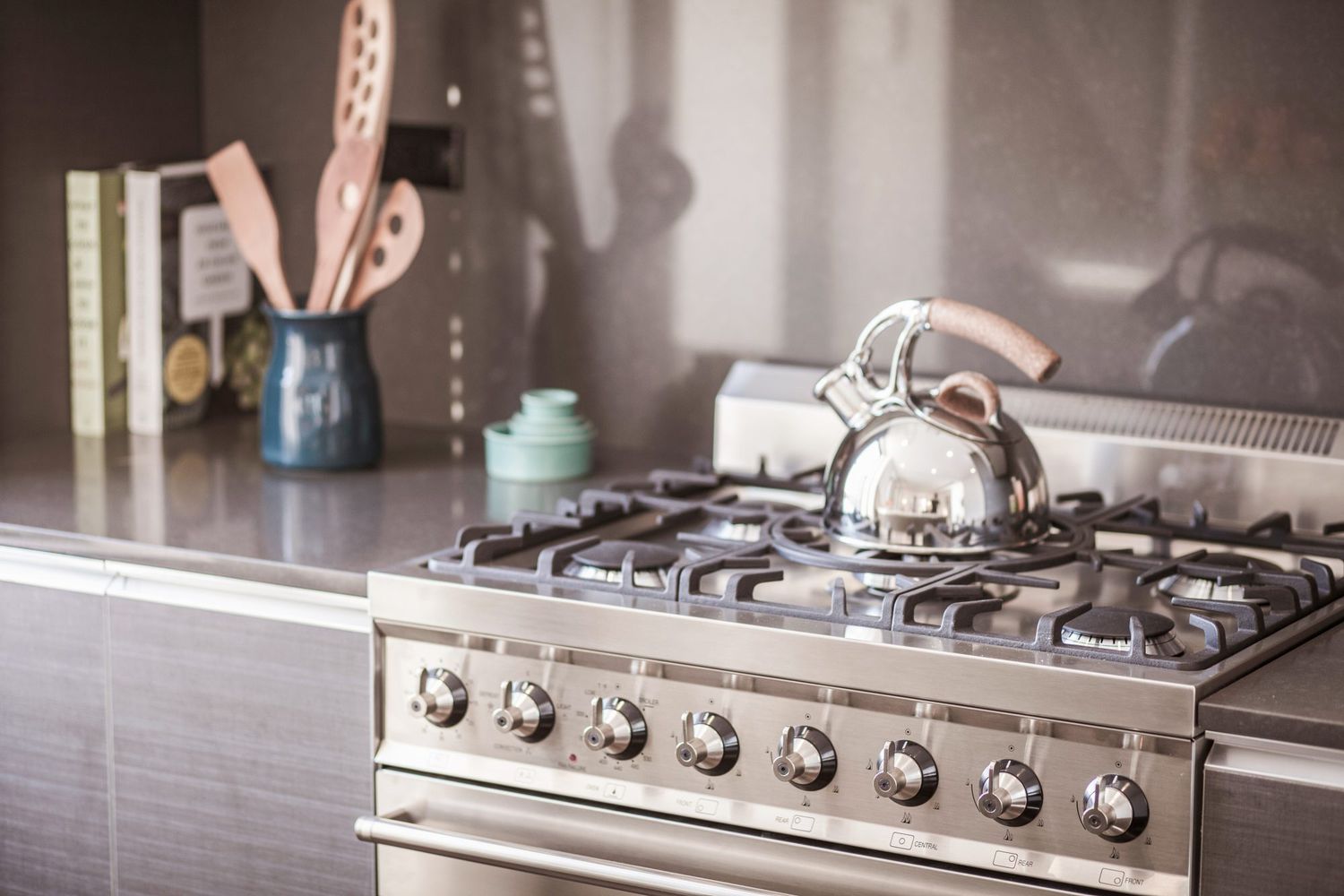
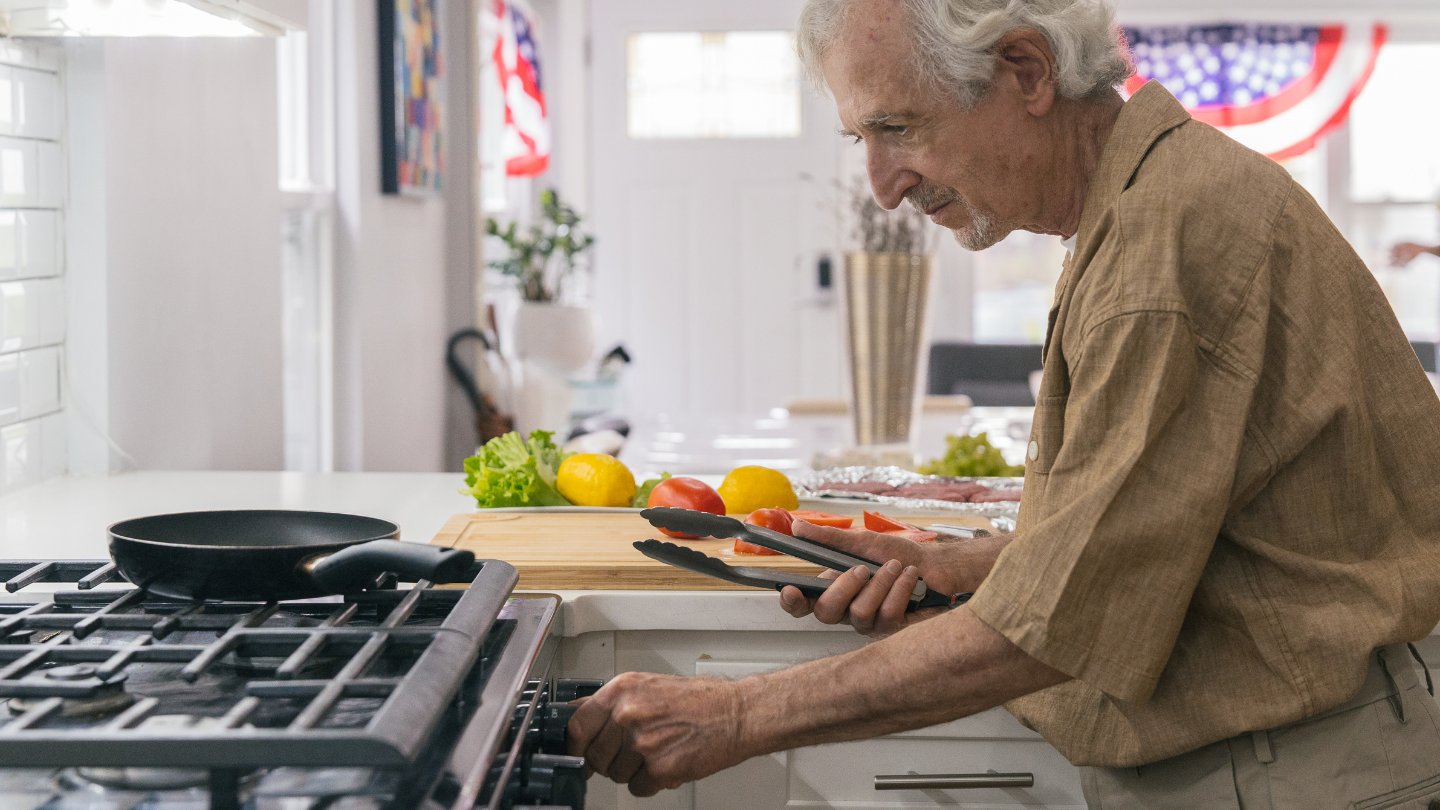
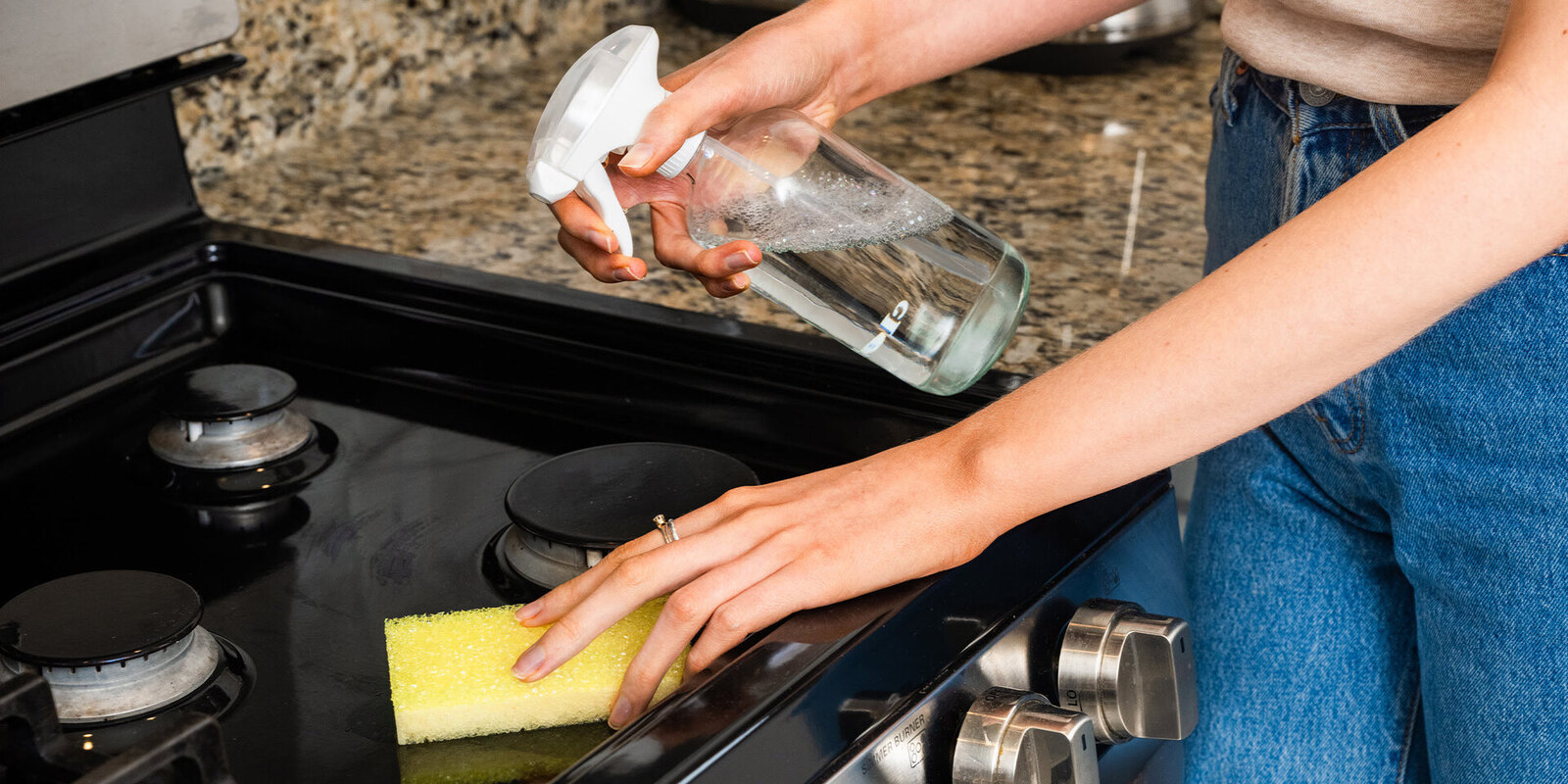
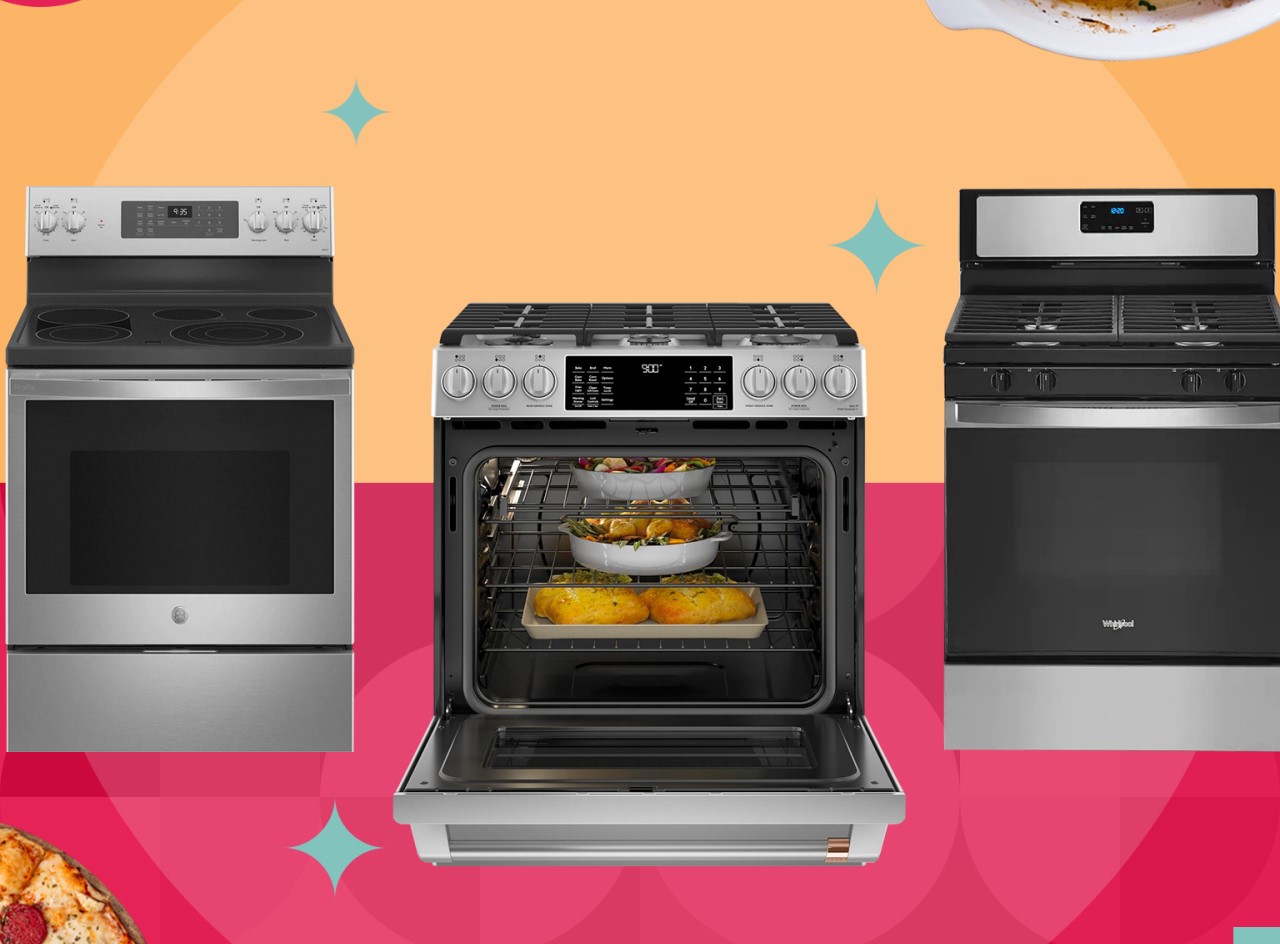

0 thoughts on “What Causes A Pop To Happen When You Turn On The Stove Burners”